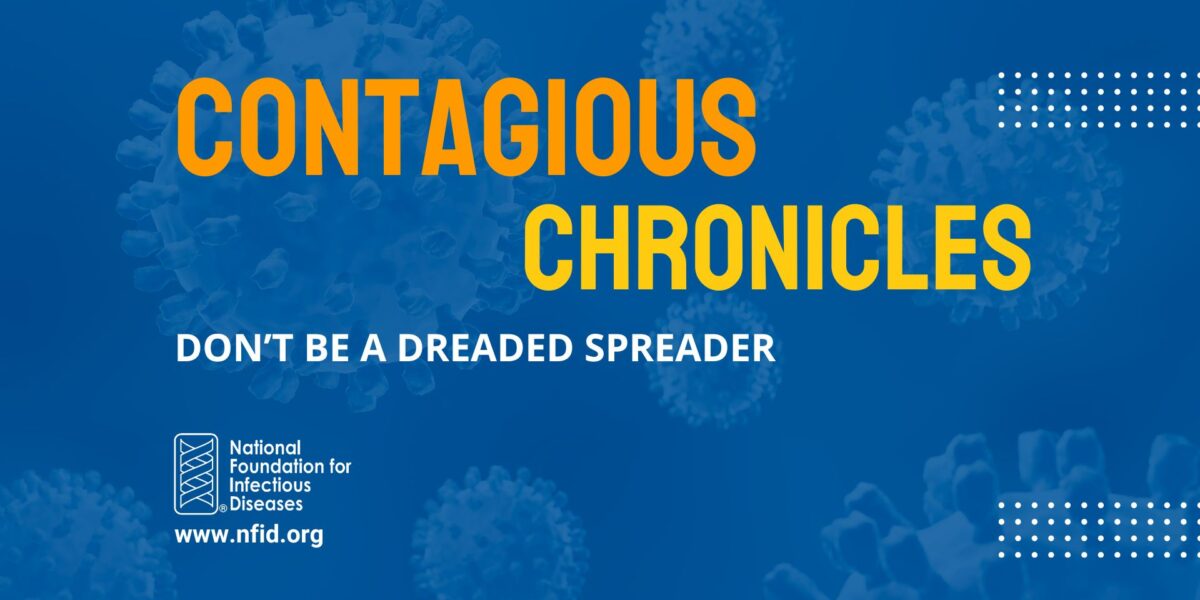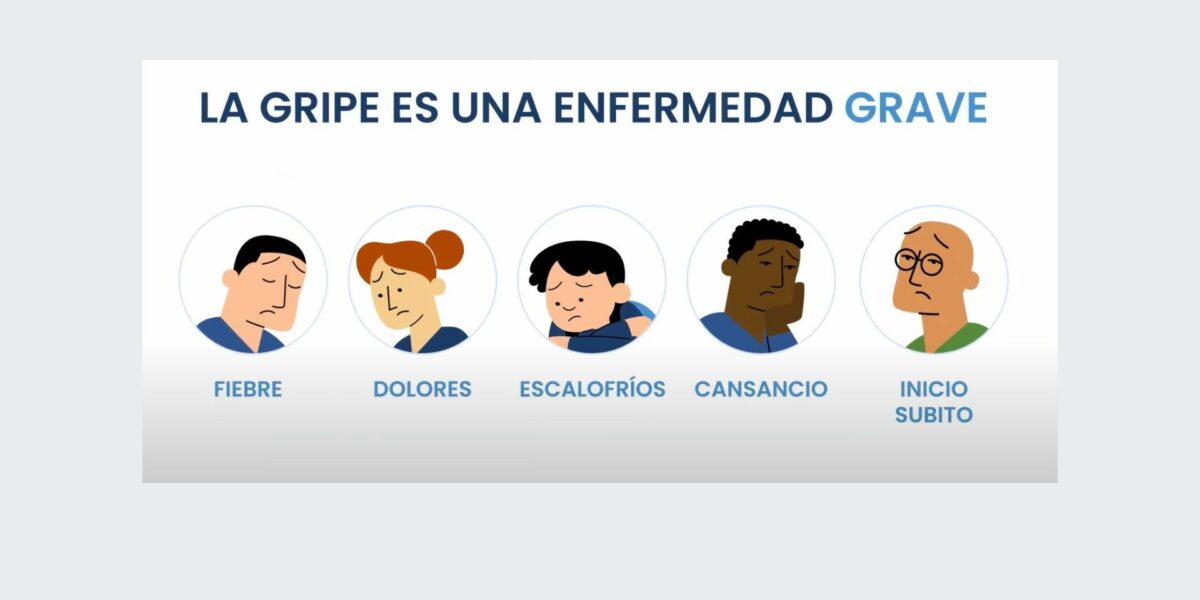
What is an Antiviral?
An antiviral is a type of drug specifically designed to treat viral infections. Unlike antibiotics, which treat infections caused by bacteria, antivirals work against specific viruses by interfering with their ability to replicate or function. Antivirals can reduce symptoms and shorten the amount of time you are sick, reduce the risk of developing severe illness, and can also lower your risk of getting or spreading certain viruses.
How Do Antivirals Work?
Antivirals help you fight off infections and typically target specific stages of the viral life cycle by:
1. Blocking the virus from entering host cells
2. Interfering with the ability of a virus to reproduce
3. Preventing the virus from producing necessary proteins for survival
4. Stopping the virus from assembling new viral particles or leaving infected cells
What Do Antivirals Treat?
Most viruses clear without antiviral medications. Healthcare professionals prescribe antivirals to treat life-threatening or chronic (long-term) viral infections including:
- COVID-19
- Ebola
- Influenza (flu)
- HIV
- Hepatitis B and C
- Herpes viruses
- Mpox
Limitations
Antivirals are often virus-specific
Resistance can develop when viruses mutate
Timing is critical and many antivirals are most effective when taken early in the course of the infection
Can Antivirals Cure Viral Infections?
It depends on which type of viral infection you have. Some viral infections can be cured, but others cause chronic conditions that cannot yet be cured.
Antivirals can eliminate some viruses like flu and Ebola.
Viral infections like HIV, hepatitis, and herpes are chronic and antivirals cannot get rid of these viruses once you have them in your body. But antiviral medicines can make chronic viruses inactive, so you have fewer symptoms. Symptoms that develop while you take antivirals may be less severe or go away faster.
Antivirals are essential in the treatment and management of diseases like HIV/AIDS, hepatitis, and emerging viral infections such as COVID-19, helping to improve survival rates and quality of life.
Reviewed December 2024
Related Resources

Don’t Be A Dreaded Spreader
In this episode, NFID experts offer insights on updated recommendations from the Centers for Disease Control and Prevention (CDC) to help prevent the spread of respiratory viruses, including COVID-19, influenza (flu), and respiratory syncytial virus (RSV)

What Is Long COVID?
Long COVID includes a range of long-term health issues that can occur in people who have been infected with the virus that causes COVID-19

¿Eres Ese Tipo de Persona?
Animated video in Spanish on flu symptoms, prevention, and treatment, reminding viewers to get vaccinated each year and stay home when sick to help protect themselves and those around them from flu
